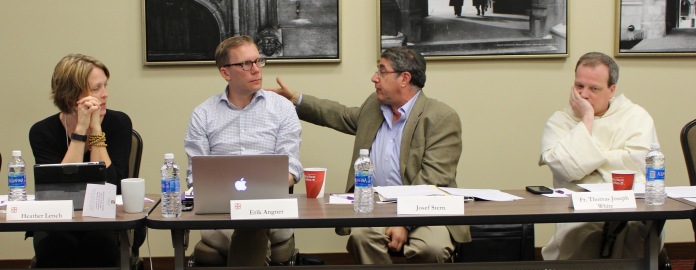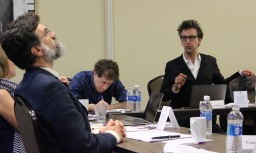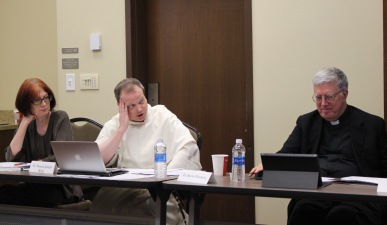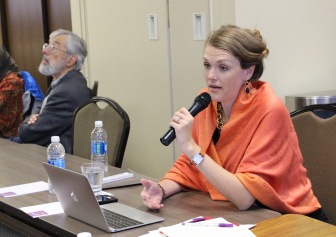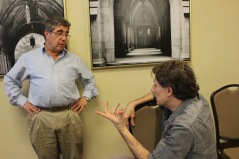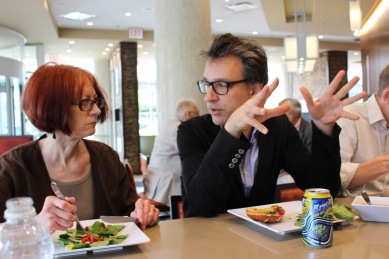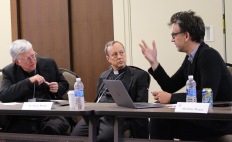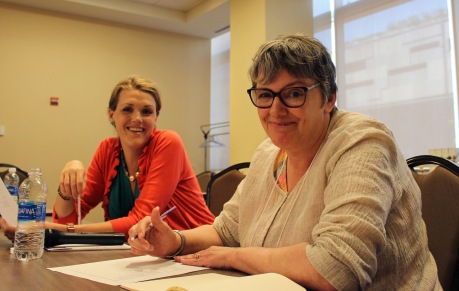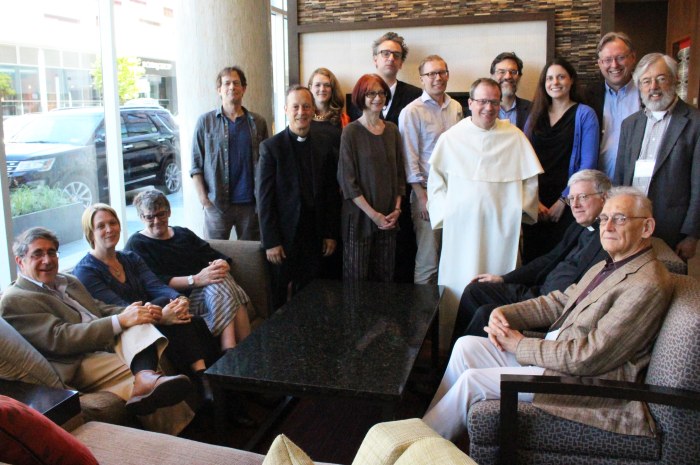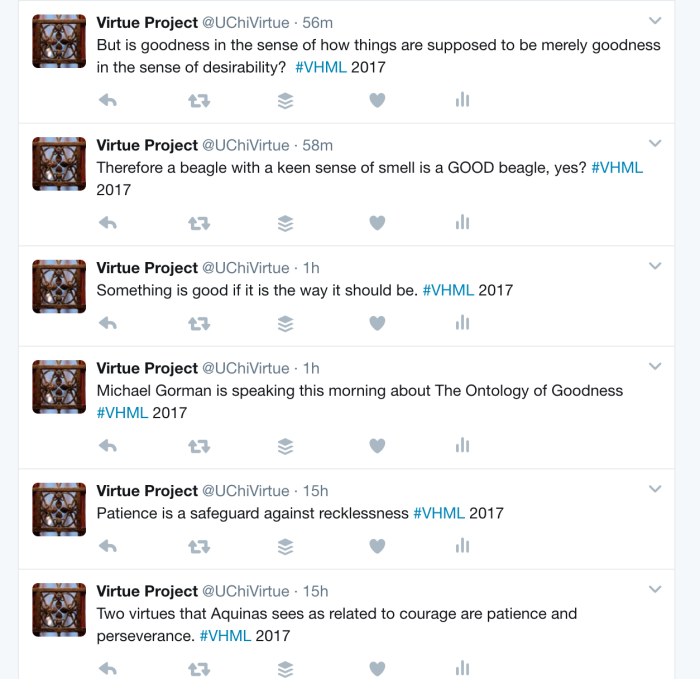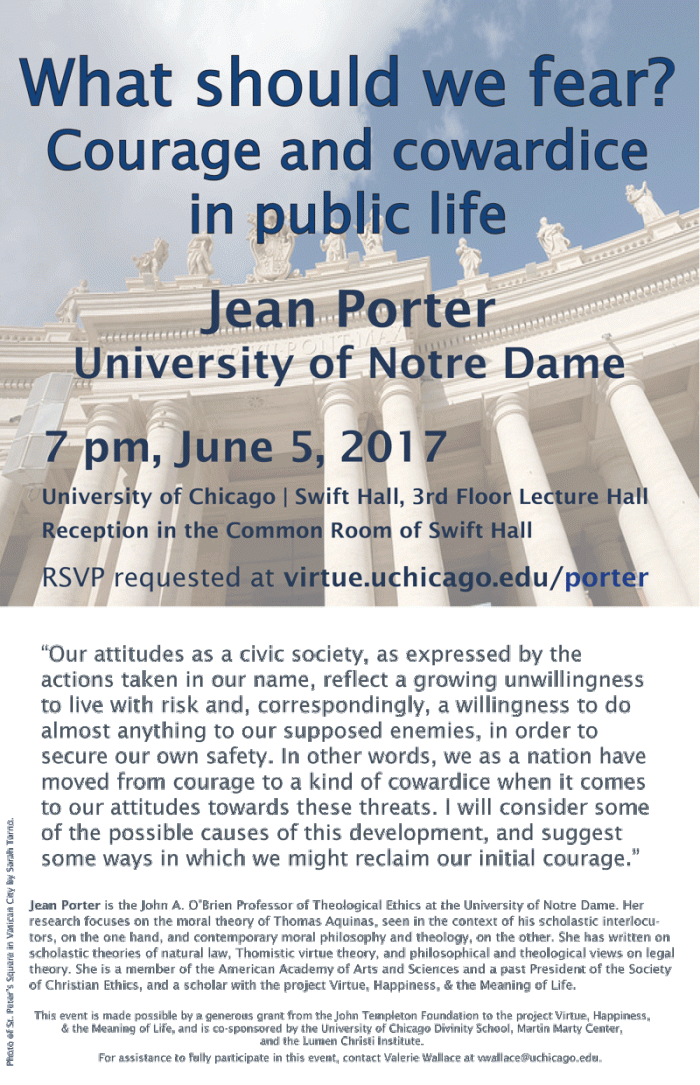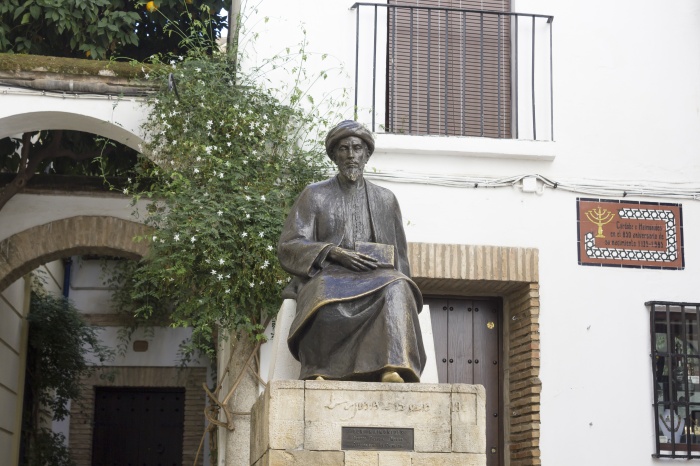
We’re presenting a short series of abstracts of the work-in-progress our scholars presented and discussed at their June 2017 Working Group Meeting.
Thomas Joseph White, O.P., is Associate Professor of Systematic Theology, Pontifical Faculty of the Immaculate Conception at the Dominican House of Studies.
Interpreters of Thomas Aquinas have long argued about whether he holds that beauty is a “transcendental,” that is to say a feature of reality coextensive with all that exists, like unity, goodness and truthfulness.
In the first part of this essay I will argue that Aquinas can be read to affirm in an implicit way that there is beauty in everything that exists. He also affirms clearly that this beauty derives from God, who Aquinas says is beautiful.
In the second part of the essay I will consider what it might mean from a Thomist point of view to speak of a transcendent divine beauty, and what is cannot mean philosophically speaking, given Aquinas’ other metaphysical commitments with regard to divine simplicity in particular. In the final part of the essay I hope to treat the question of how the beauty of the creation both manifests and conceals divine beauty, and to give special attention to the topic of hierarchy of perfections in creatures (as being, living and intellectual). My argument will be that Aquinas’ hierarchical understanding of reality is inclusive in character, so that an order of ethical and religious ethics derives from the natural order of beauty. The world’s natural beauty is meant to be respected and cared for in ways that acknowledge the intrinsic ontological integrity of “lesser” realities but also their inclusion within an order that sustains rational creatures, and their reference to the divine.
